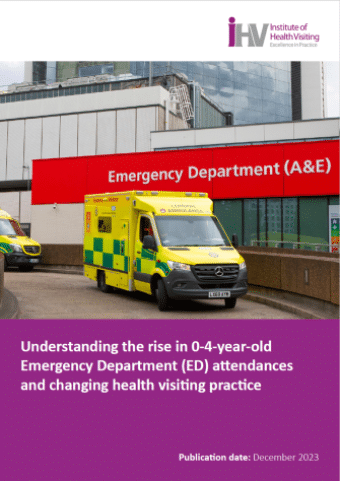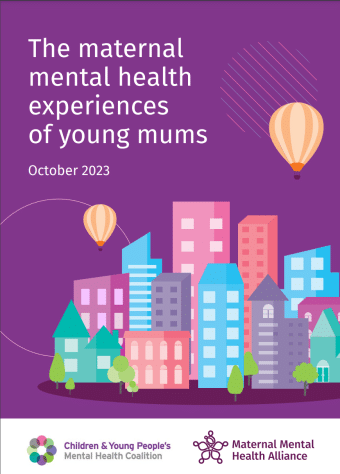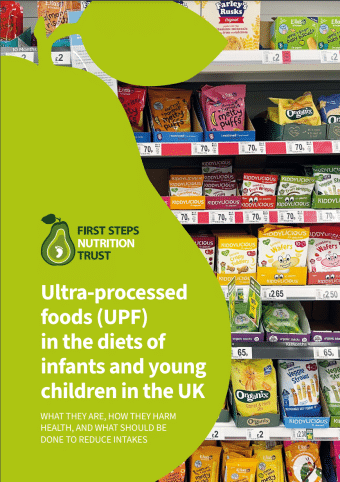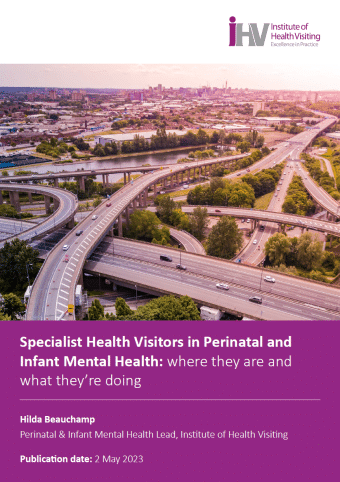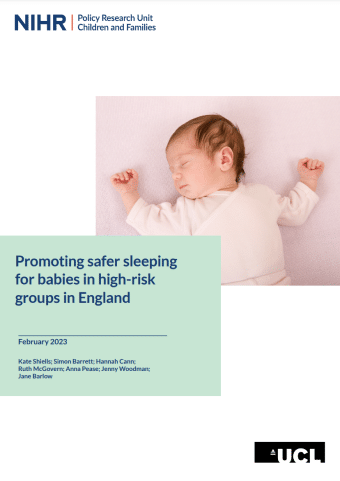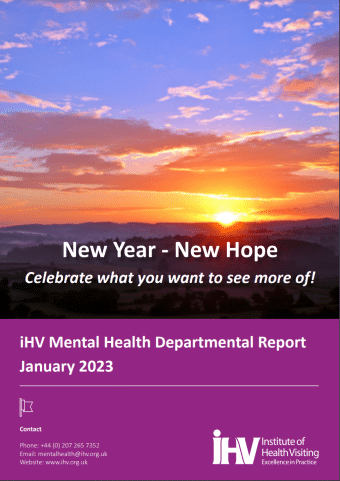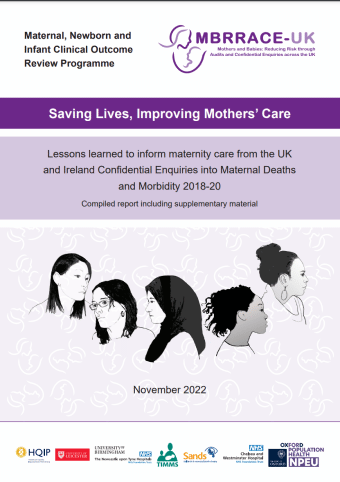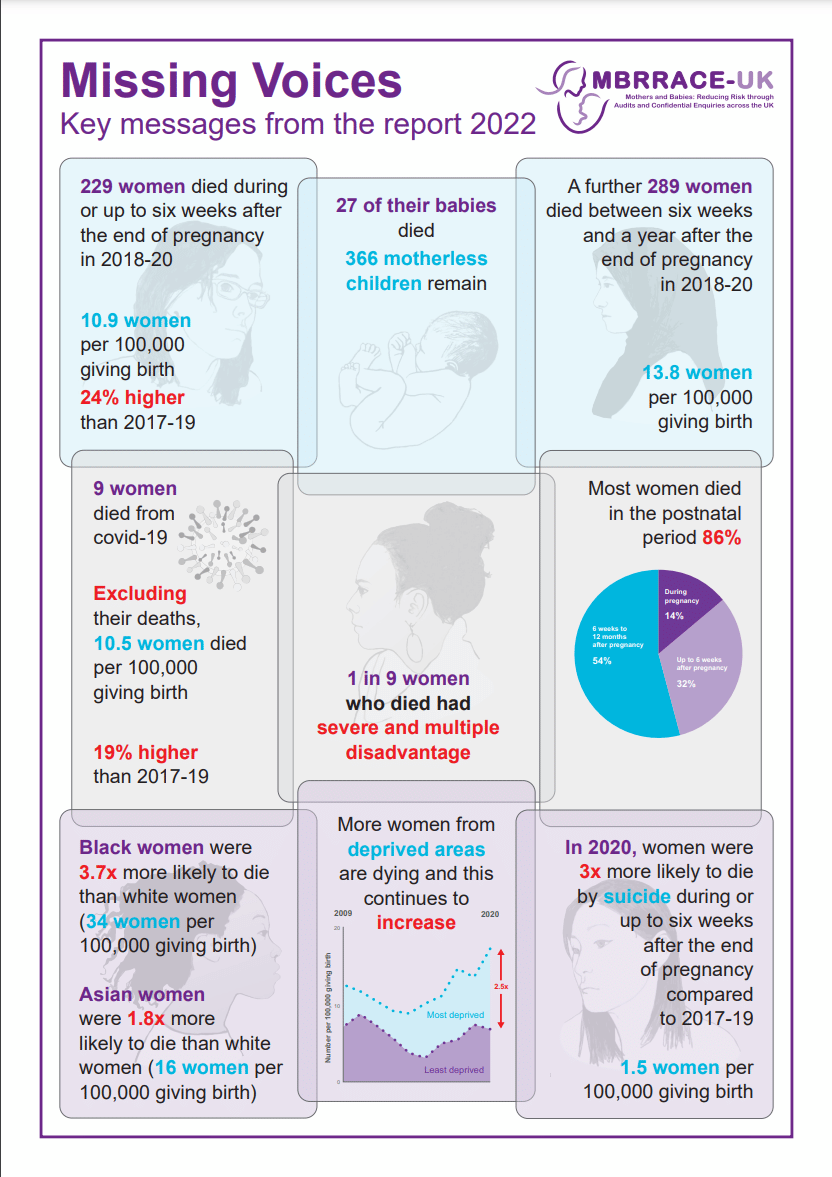Babies under one have the highest rate of Accident and Emergency (A&E) attendance: Health visitors can help overstretched A&E departments
A new report by the Institute of Health Visiting (iHV) reveals that the under ones are the largest group of people by far who attend A&E across the country. A large proportion of these attendances are for non-urgent conditions, suggesting that they could be managed and supported by other means, including health visitors in the community.
Addressing soaring rates of A&E attendance is a national government priority. A focus on prevention and meeting people’s care needs outside hospital is an important part of the NHS Urgent Care Recovery Plan – this needs to include children aged 0-4.
The new report reveals:
- Babies under the age of one have the highest rate of A&E attendance compared to any other age group and the rate of 0–4-year-olds attending A&E has increased by 42% in the last 10 years.
- The rate of potentially avoidable A&E attendances is much higher in babies and young children.
- In North West London, 59% of babies who attended A&E did not need treatment and were sent home after reassurance, costing an estimated £1.8 million per year in this one area of London alone.
- It is perfectly normal for parents to worry when their baby or young child is unwell. It can feel quite frightening, particularly for first-time parents who do not have good support networks. While A&E is the right place for very sick babies and young children, improving access to high-quality care in the community could help to reduce A&E attendance in babies and young children.
- In the past, health visitors would have provided support to all parents to help them manage common childhood conditions such as feeding difficulties, minor illnesses and infant crying. However, due to a national shortage of around 5,000 health visitors – and cuts to the Public Health Grant that funds the service of £1 billion in real terms since 2015 – there are not enough health visitors to support families. And many health visiting ‘drop-in’ baby and child health clinics have been closed or scaled back in recent years.
- These cuts are a false economy as they put pressure on other services including A&E departments.
We urgently need more health visitors to ensure that all families get the support that they need in the heart of their communities. Health visitors provide an important part of the solution to reducing the pressure on A&E departments, GPs, and wider health and social care services. When adequately resourced, health visitors are often the first point of contact for families when they are concerned about their child’s health. As Specialist Community Public Health Nurses, they provide a trusted source of information and can support families to manage minor illnesses through their ‘upstream’ work in prevention and early intervention in communities.
With so much compelling evidence, the Institute of Health Visiting has joined forces with leading paediatricians and is calling for urgent investment into health visiting so all families can get the support they need in the community and take pressure off overstretched A&E departments.
The iHV has also released a new film “Can you see my baby? Health visitors prevent emergencies” which showcases the vital role of health visitors in reducing A&E attendances for babies and young children. The film hears from parents about the crucial support that their health visitor provided to them, boosting their confidence in managing their child’s health.
Alison Morton, iHV CEO, commented:
“I am delighted to see this excellent report and film on A&E attendances in babies and young children launched today. As more and more parents and carers turn to A&E for reassurance and ‘peace of mind’ to manage common childhood illnesses, hospitals are struggling to cope. Our report is not about blaming parents. It is perfectly normal to worry when your baby or young child is unwell, particularly if you are a first-time parent and learning to manage these conditions for the first time. Building more hospitals is not the only solution.
“Cuts to health visiting services over the last 8 years have been a false economy with fewer health visitors available to support families through prevention and early intervention in the community. The knock-on consequences have been felt across the health and care system, including A&E departments. To tackle the problem, we need to provide better support for families in the heart of communities and this includes rebuilding the health visiting service in England.”
Georgina Mayes, iHV Policy and Quality Lead and the film’s Executive Producer, said:
“The iHV film and report paints a worrying picture of increasing A&E attendance for the under ones across the country, at a time when health visiting numbers are the lowest in history. Health visiting is an important part of the solution to reducing A&E attendances. This report and film highlight the vital role of health visitors in providing expert, professional support to families when their child is unwell. More health visitors are urgently needed now to ensure all families can get the support that they need, which will in turn take pressure off overstretched Emergency Departments.”
View iHV report:
To cite this report , please use the link to the pdf here: https://bit.ly/471XYVB

